Blog roll please!
Quick reads across a variety of topics
File Sharing Without Uploading to the Cloud
Diode
18 Mar
13:12

When we talk on the phone, our experience is one of directly calling another person - we no longer have to interact with switchboards, operators, and party lines. Those are things of the past, no longer necessary in today’s directly connected world. Why isn’t file sharing like calling someone on the phone - a direct connection without the involvement of third parties? Diode Drive makes this possible - it allows you to share files directly...
Public Beta of Diode Drive Released
Diode
15 Mar
14:16
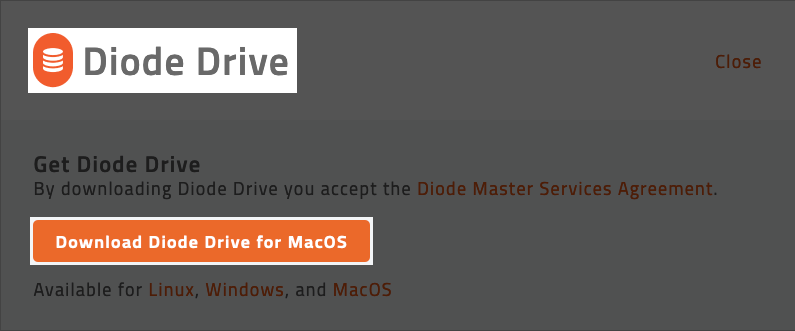
We’re very excited to announce the Public Beta of Diode Drive! Diode Drive is a great replacement for Google Drive and Dropbox for individuals and organizations who want to safeguard their digital sovereignty. It is a high security, end-to-end encrypted solution for file sharing, collaboration, and backup that prioritizes security and confidentiality. If you’ve been looking for a way to share files over the Internet without uploading them to the cloud, Diode Drive is the...
Web2.0 Custom Domains Hosted by Web3
Diode
08 Dec
02:12

In an important step for evolving Web2.0 to Web3, Diode has released the ability to map a Web2.0 domain to a Diode Web3 Client Address! This enables any Web3 publisher to publish content on a Web2.0 domain. All 2, 3, and 4 letter Top Level Domains are supported. Previous to this release, Web3 content could be published only to other Web3 clients or via the https://{clientname}.diode.link Web2.0 subdomain. This capability is important both today, and...
Diode Tutorial Workshop at Taipei Tech
Diode
20 Oct
02:12
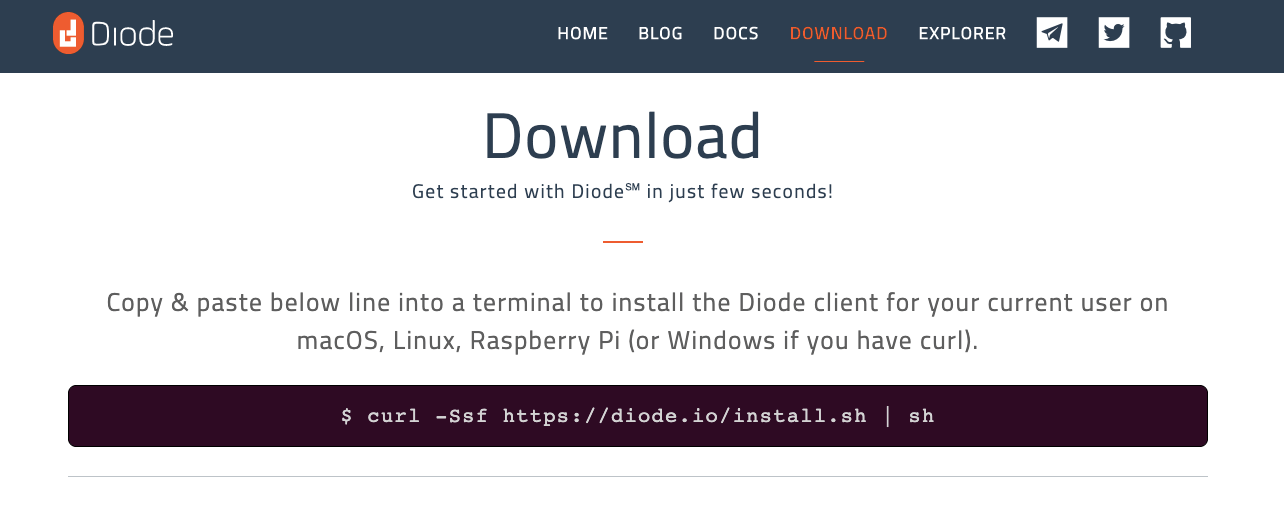
We’re excited to announce that Diode core team is going to host a hands-on tutorial workshop with Taipei Tech Blockchain Research student group - also known as the National Taipei University of Technology (NTUT) Blockchain Research Club 北科大區塊鏈研究社 - on Wednesday night, from 7:30 PM to 9:30 PM, October 28, 2020. The Diode tutorial workshop is organized by Diode blockchain engineer Peter Lai, marketing manager Yahsin Huang, Taipei Tech Blockchain Research Club student leaders Kai-Sun...
Fixing Camera Freezes on the Raspberry Pi PiCam Module
How To
17 Sep
00:43
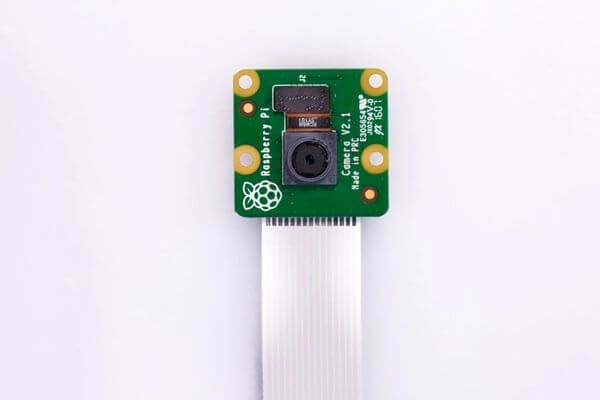
Keeping your Raspberry Pi Video project up and running 24/7 can be quite a task. With the Diode Client you have always access from everywhere and can easily share it’s video stream. In our previous Raspberry Pi post we focused on the built-in watchdog to keep survive hardware errors. But what do you do if the video fails on you? There are different tools you can use to capture pictures from your Raspberry Pi Cam...
How Diode Allows Engineers to Develop LINE Chatbots in a Decentralized Way
Diode
08 Sep
03:06

Diode is an open-source, blockchain-based, peer-to-peer network that enables software developers to build valuable decentralized projects. It’s the first and only blockchain-based Ngrok alternative that we’re aware of. Written in Go, Diode was developed by German engineer Dominic Letz and a few Taiwan-based blockchain developers. Why should you choose Diode over Ngrok? This is one of the questions we get asked a lot. We believe that you have, at the minimum, three reasons to use...
Diode Discussed Debugging Golang with Delve at Taiwan’s Largest Open Source Conference Event in August
Diode
24 Aug
00:30
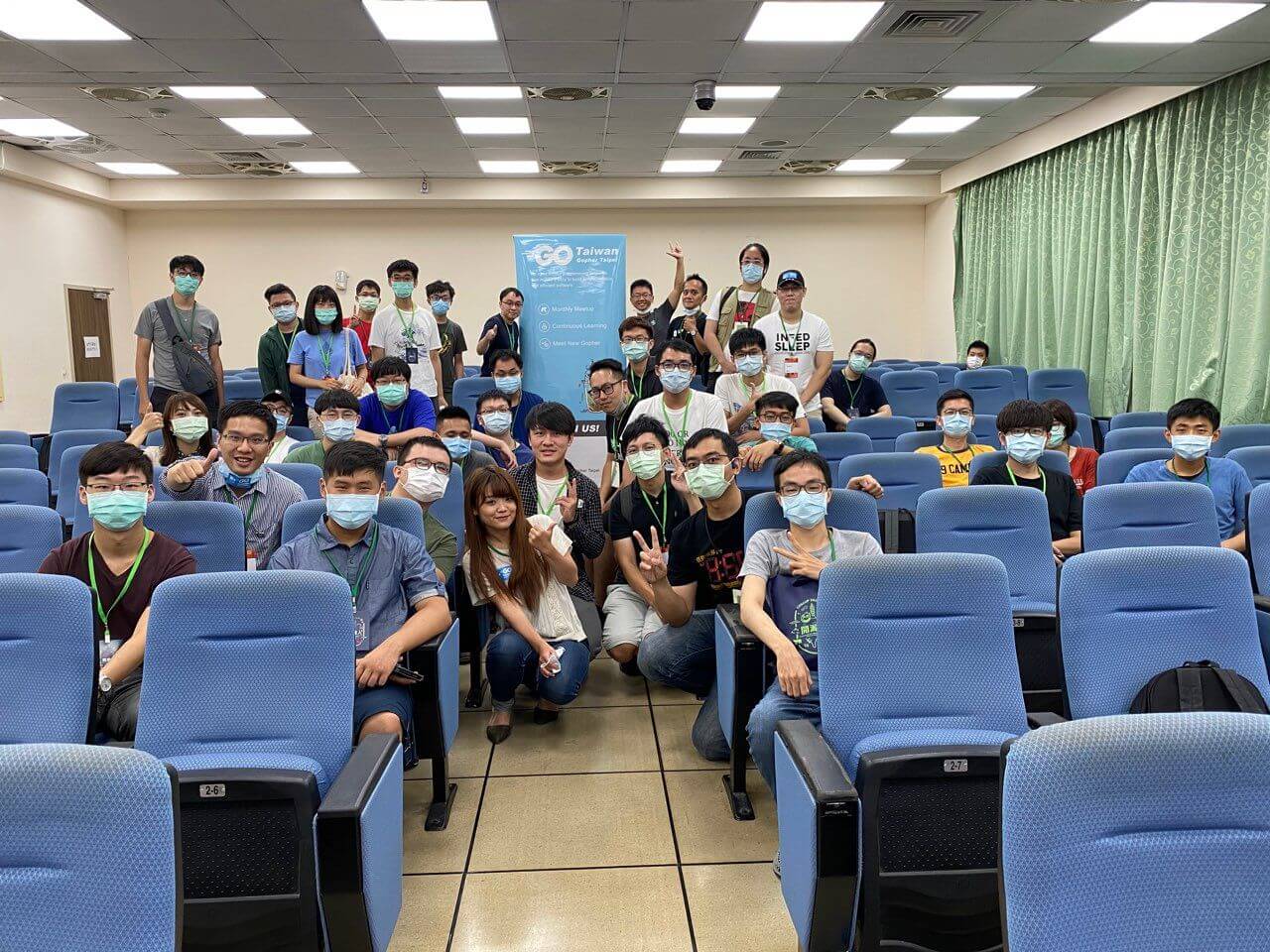
Diode’s blockchain engineer Peter Lai presented at the Conference for Open Source Coders, Users, and Promoters, or COSCUP – Taiwan’s largest, most popular open source tech conference on Sunday, August 2. The feature image of this blog post is a group photo of Taiwan’s Golang community along with audiences from the Effective Go track at COSCUP – a great shot by one of the COSCUP’s professional photographers. More photos uploaded by COSCUP organizers can be...
Diode CTO Dominic Letz Discussed Web3 and IoT security at Bangkok Enterprise Blockchain Meetup
Security
10 Aug
04:09

Diode CTO Dominic Letz was invited to speak at Bangkok Enterprise Blockchain group on Wednesday, 29th of July, along with another speaker Jana Bulkin from Integrationworks Asia. Organized by Atato, the online event “Enterprise Blockchain 10th edition: Blockchain and IOT!” drew engineers, developers, industry experts and makers from Thailand, Germany, France, Taiwan, and a few from Vietnam. We appreciate Atato CMO Maxime Paul for facilitating and moderating the event. Check out Diode’s Bangkok meetup presentation...
Running forever with the Raspberry Pi Hardware Watchdog
How To
20 Jul
19:45

At Diode we have deployed a couple of long-running Raspberry Pis equipped with cameras and sensors reporting into our network 24/7. All these are under uptime monitoring for us to keep track of the network availability. Every time there is a software problem we want to know it. For that we’re using some external and internal tools. Eventually we have run into a problem not related to our software. From to time one of our...
Diode: The First Open-Source Blockchain-Based Alternative to Ngrok
Diode
14 Jul
01:30
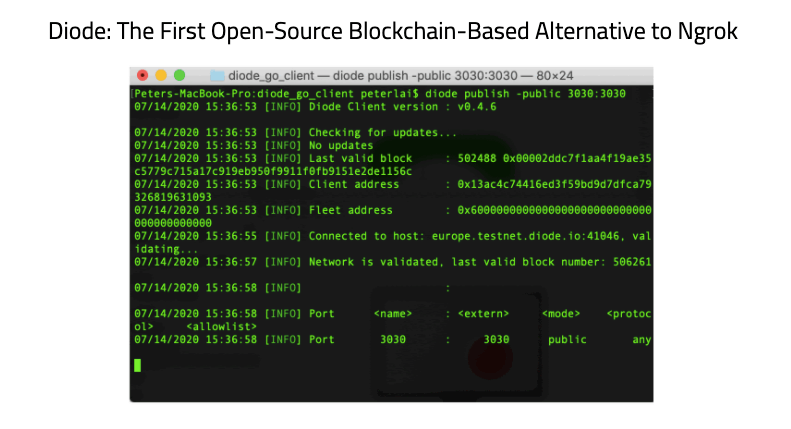
Diode is an open-source blockchain-based peer-to-peer network that enables developers to create applications for various decentralized projects. One of the popular applications that is being developed recently is using Diode as a blockchain implementation of Ngrok. To use Diode, the first open-source, blockchain-based Ngrok alternative, written in Go, install the Diode Client using the curl command: $ curl -Ssf https://diode.io/install.sh | bash Go to Download. Open a terminal window and run the curl command so...
